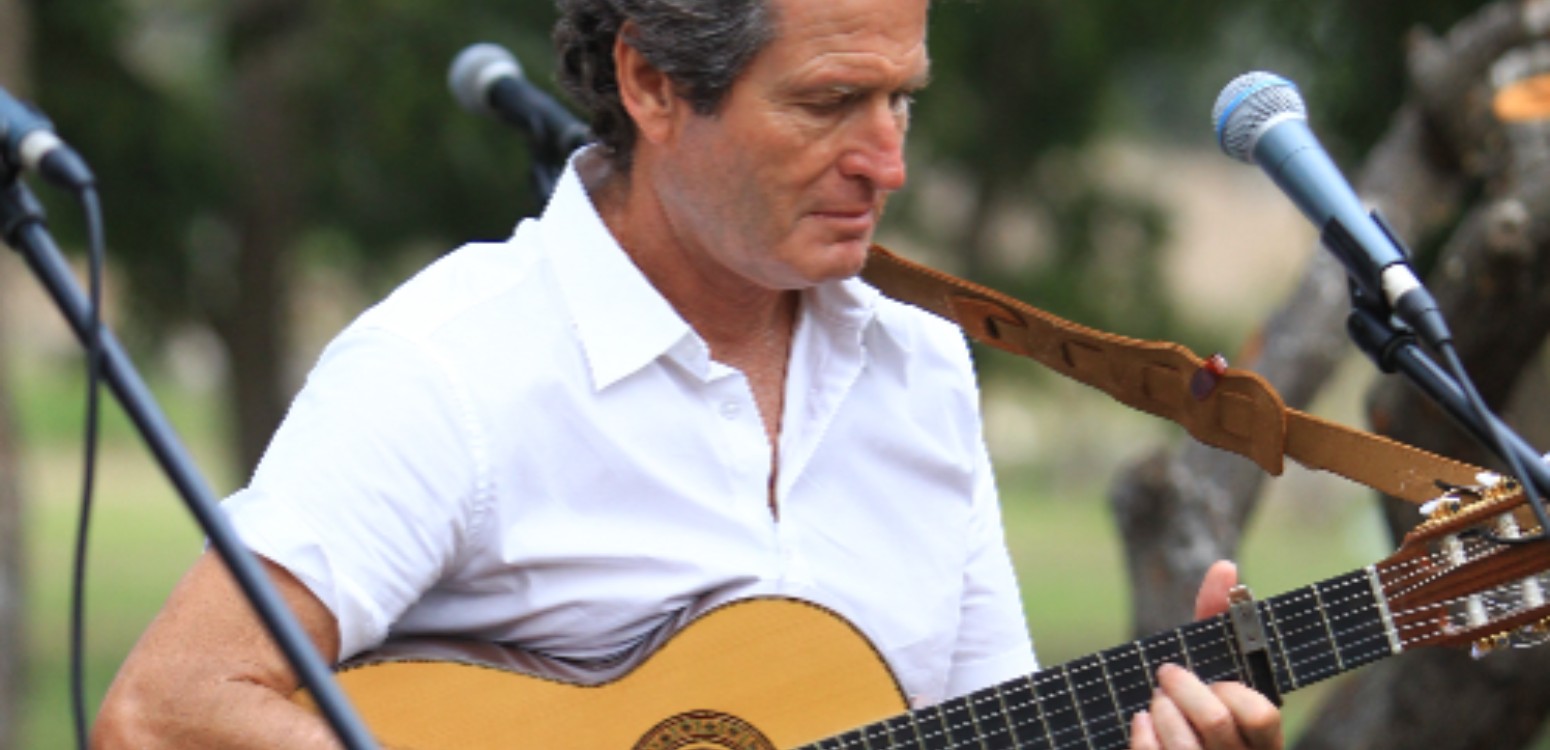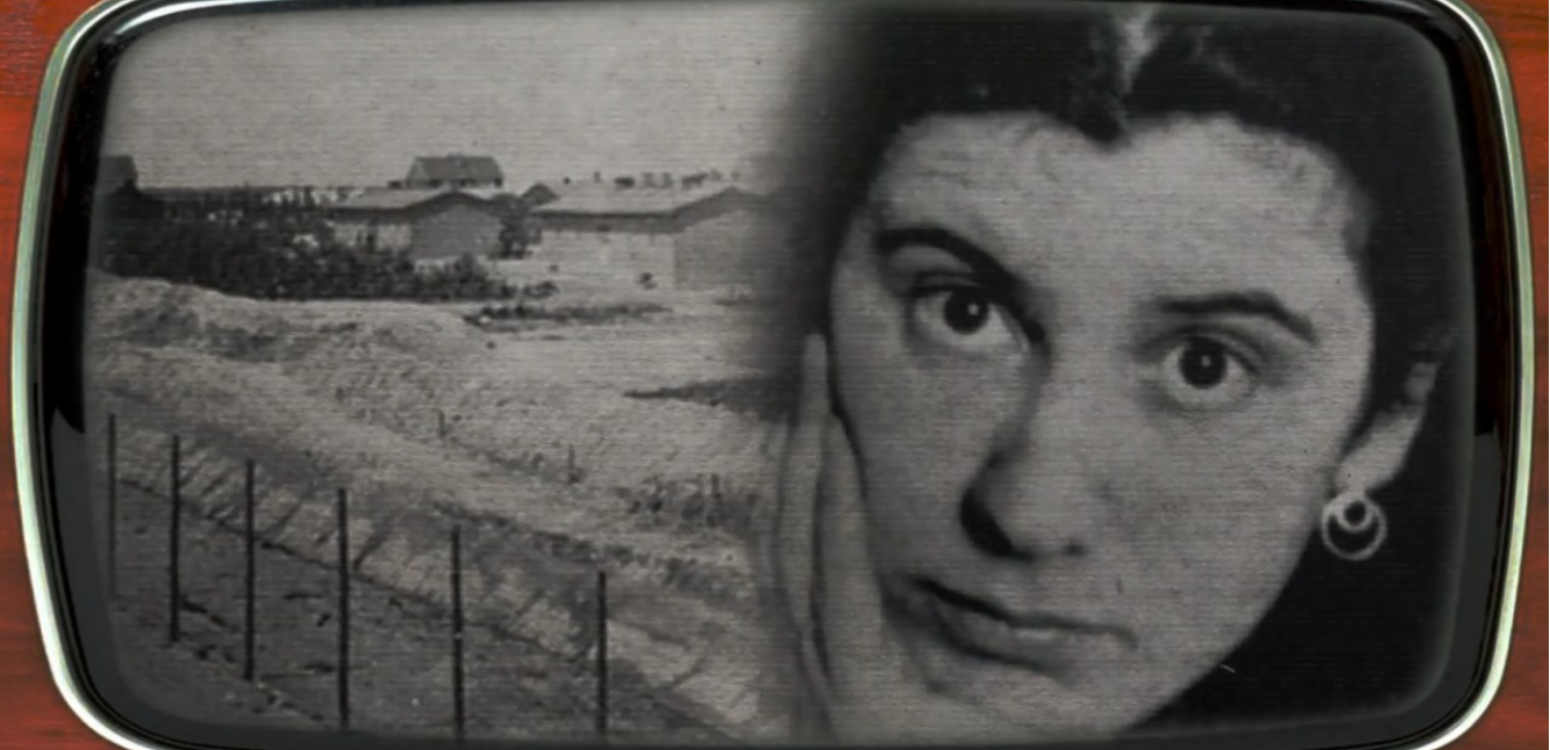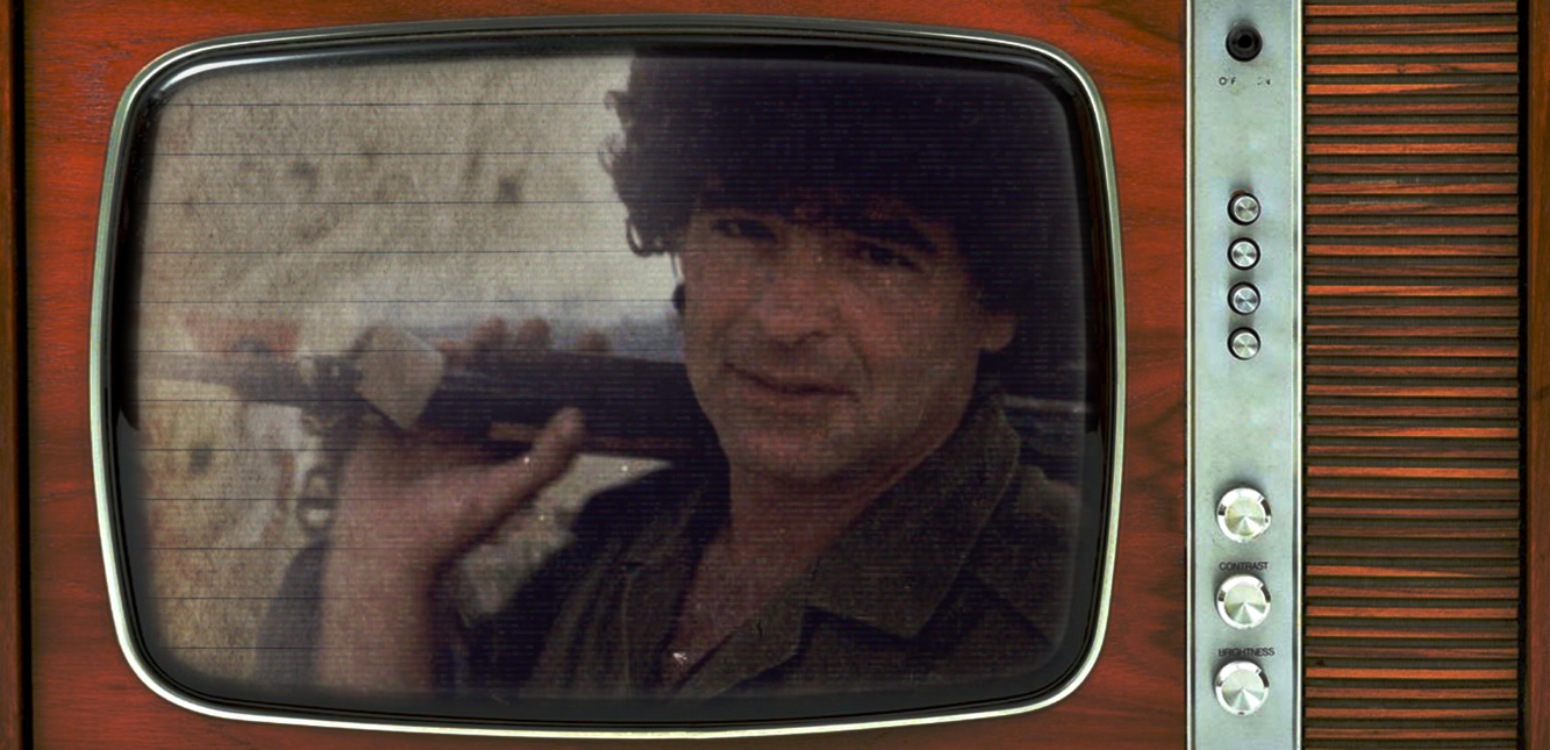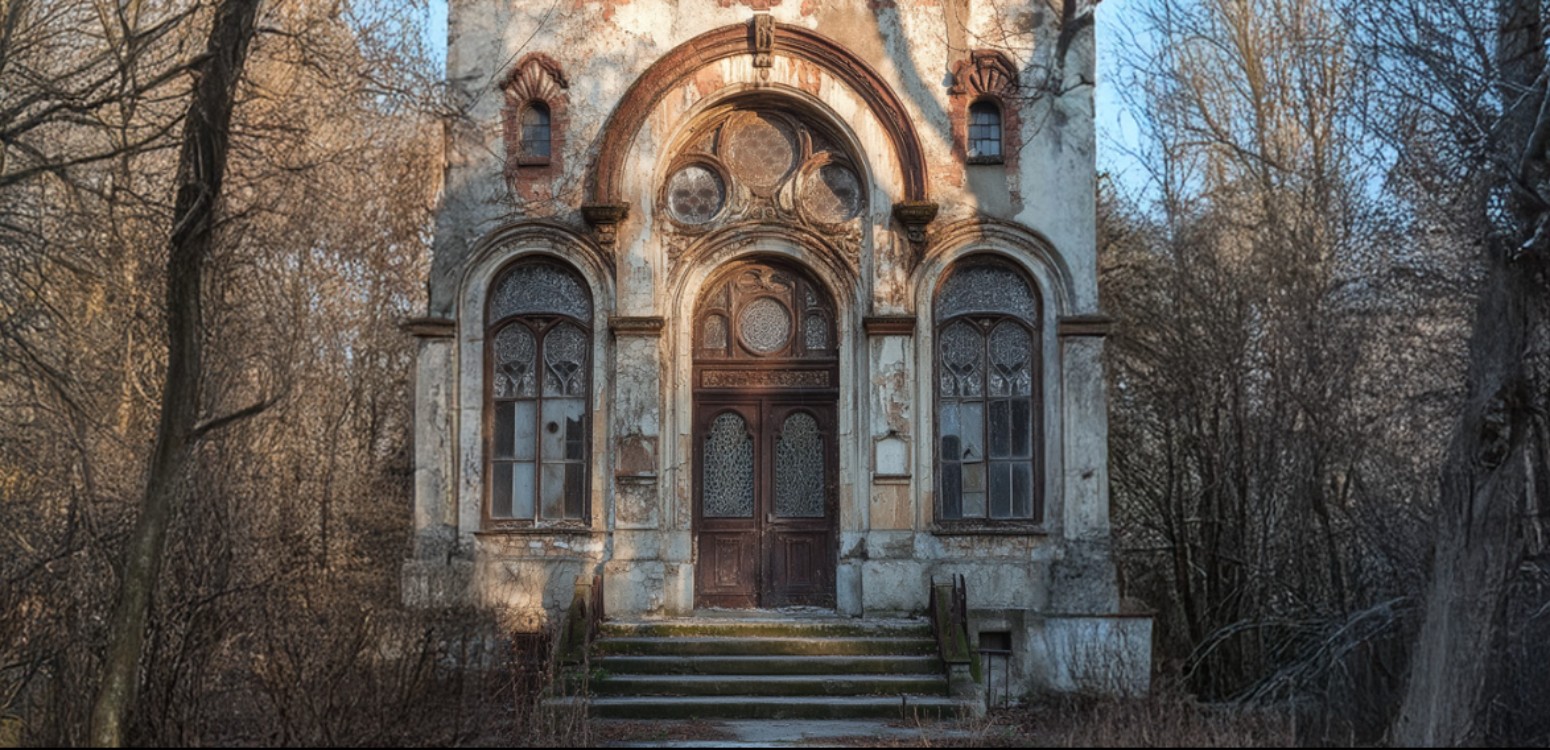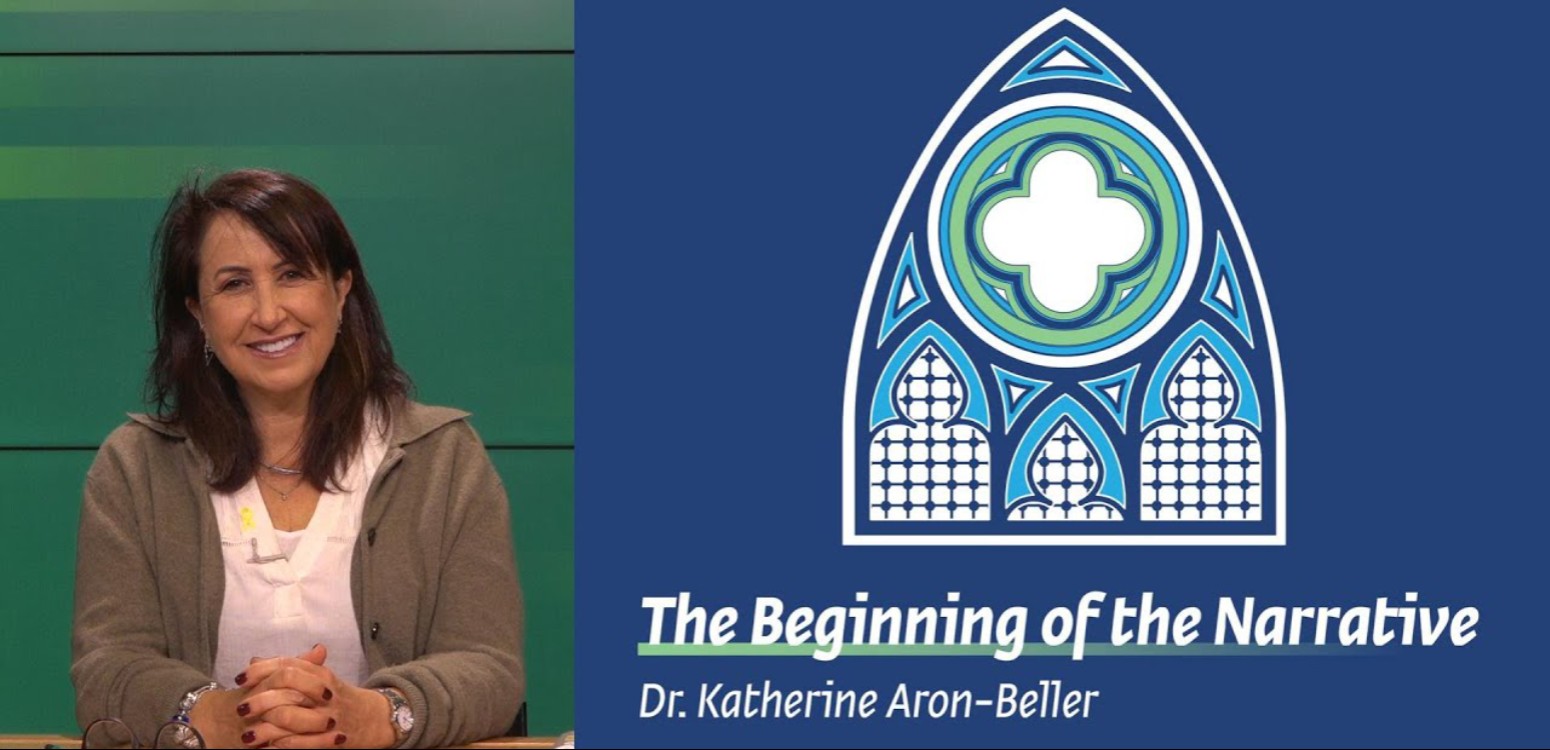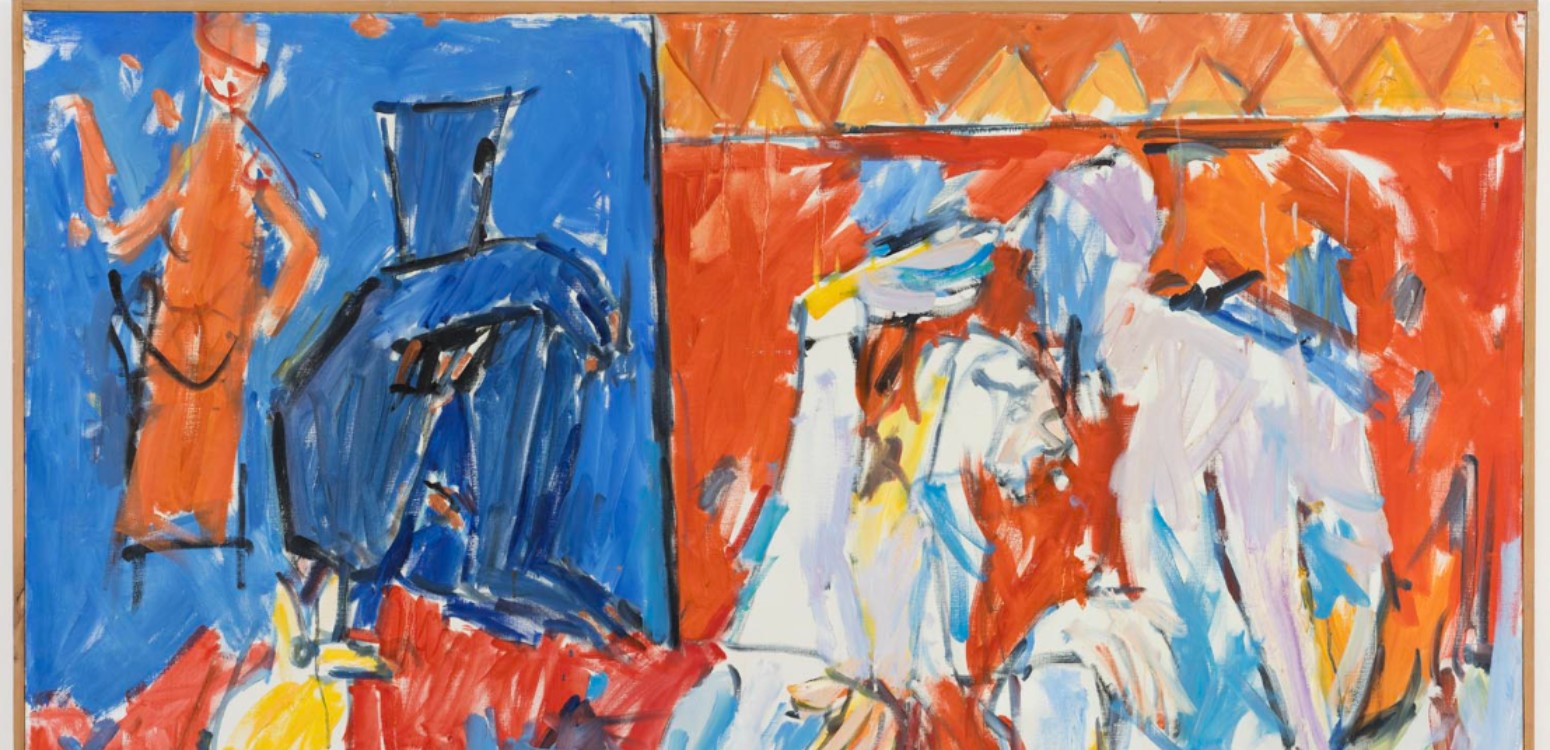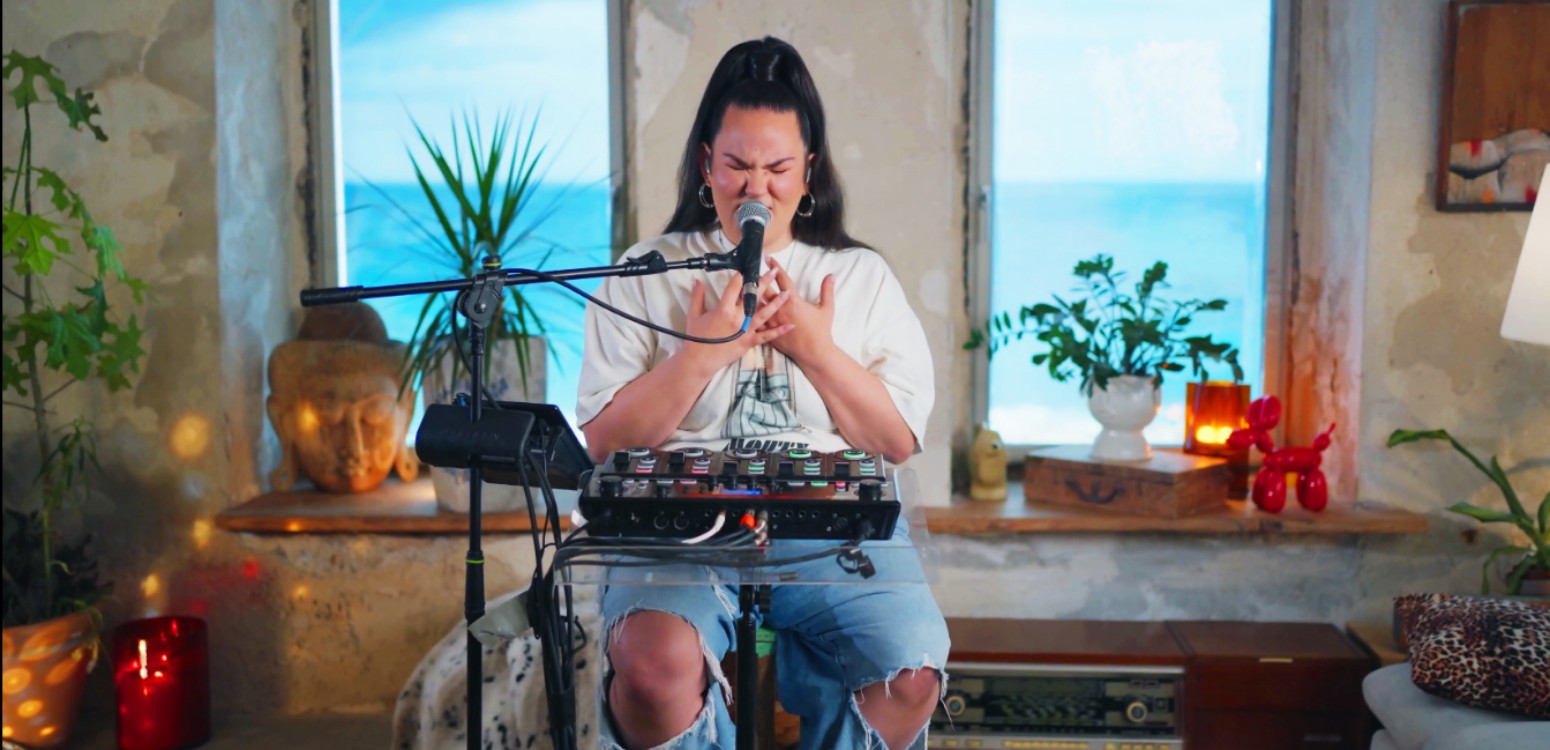
Marc Chagall: Jewish Dreamer, Universal Artist
This month marks 40 years since the passing of Marc Chagall, one of the XX century’s most distinctive artists whose work continues to captivate audiences worldwide. As we commemorate four decades since his death in March 1985, we reflect on the Jewish heritage that profoundly shaped his artistic vision
Born Moishe Shagal in 1887 to a Hasidic family in what is now Belarus, Chagall’s Jewish upbringing provided the foundation for his unique artistic language. Growing up in the Pale of Settlement, he absorbed the vibrant traditions and folklore of Eastern European Jewry that would later populate his canvases.
Throughout his career, Chagall’s work served as a visual chronicle of Jewish life – floating figures, fiddlers on roofs, wooden synagogues, and religious ceremonies became his signature motifs. Even as he experimented with modernist styles in Paris, his Jewish identity remained central to his expression.
Chagall’s relationship with Judaism was complex and personal. While not strictly observant, he maintained a spiritual connection to his heritage. This identity became particularly significant during the Holocaust, when he fled Nazi-occupied France. The destruction of European Jewry deeply impacted his later works.
Beyond paintings, Chagall created stunning stained glass windows for synagogues and churches, and illustrated the Hebrew Bible with profound sensitivity. His art bridged Jewish tradition and universal themes.
Forty years after his death, Chagall’s dreamlike visions continue to remind us of the beauty, tragedy, and enduring spirit of Jewish life.
Join Romy Neumark on a tour around the Israel Museum and the Israeli parliament’s building as she follows artworks that weaved together the Exodus and modern history, earning Chagall his eternal fame.
(You can turn on English closed captions on YouTube.)
This video is part of “Point of View” – a partnership between Beit Avi Chai and the Israel Museum.
Main Photo: The Father, Marc Chagall, Paris (1911) Musée d'art et d'histoire du Judaïsme
Also at Beit Avi Chai

